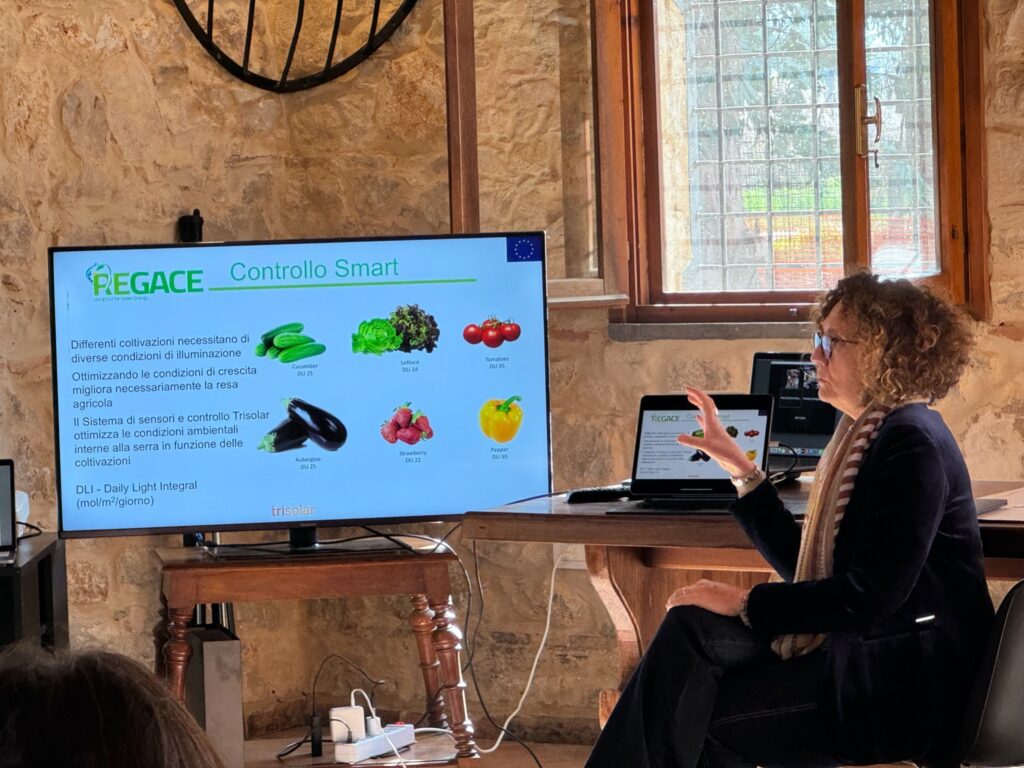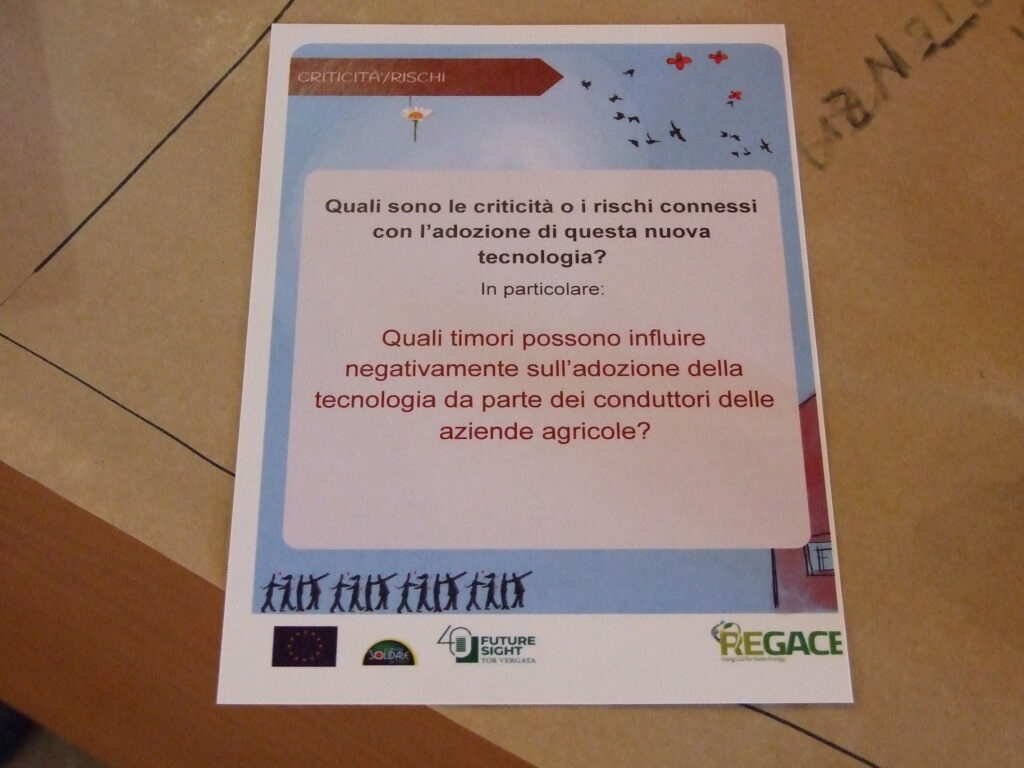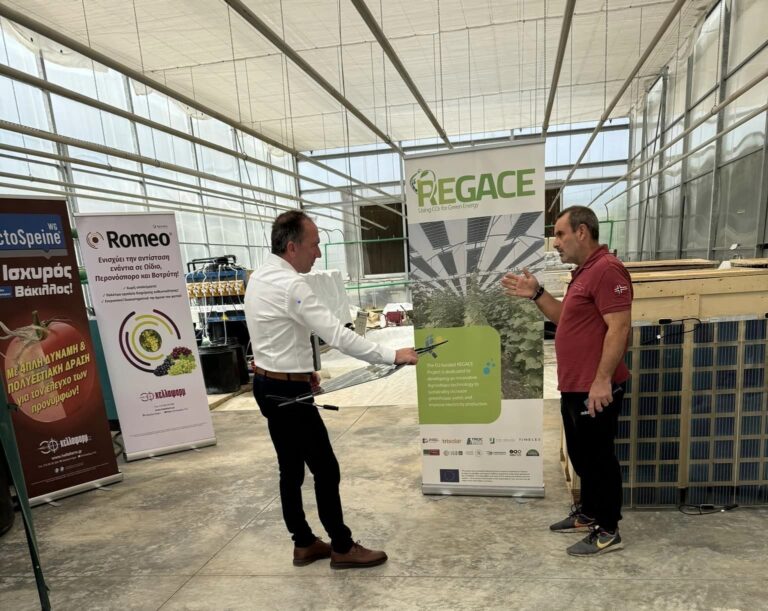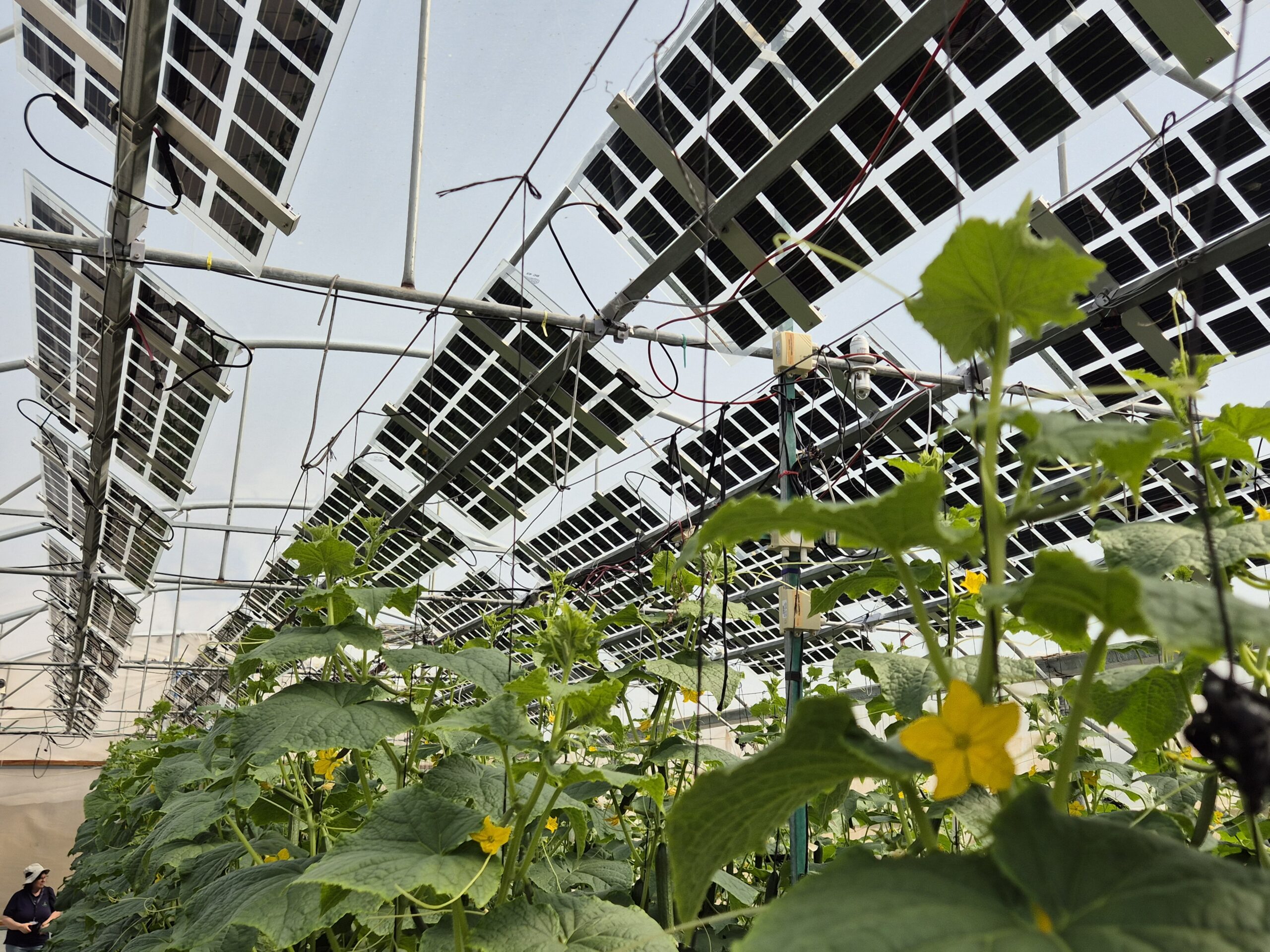What does it take to transform sustainability from a technical challenge into a shared cultural vision?
In a recent publication featured in Italian magazine Cultura della Sostenibilità, REGACE partner Prof. Andrea Volterrani of the University of Rome Tor Vergata, along with co-author Dr. Maria Cristina Antonucci of the National Research Council of Italy (CNR-IRPPS), explores this topic.
Their article, titled “Regenerative Imaginaries: Cultivating Cultures of Possibility for Sustainability Transformations”, argues that cultural imagination plays a central role in advancing meaningful and lasting sustainability transitions.
Rather than focusing solely on technological fixes or policy reforms, Volterrani and Antonucci examine the importance of inner transformation: how people make sense of sustainability through metaphors, stories, and shared emotional experiences. In their view, building a regenerative future requires cultivating what they term “regenerative imaginaries”: collective visions that are not only environmentally sound, but also socially inclusive and culturally resonant.
“To truly engage citizens in sustainability, we must go beyond data and regulation. We need to create spaces where people can imagine, co-create, and emotionally connect with possible futures,” Prof. Volterrani wrote.

“To truly engage citizens in sustainability, we must go beyond data and regulation. We need to create spaces where people can imagine, co-create, and emotionally connect with possible futures,” Prof. Volterrani wrote.
The authors point to innovative methods like arts-based dialogue and creative facilitation, particularly highlighting the effectiveness of participatory formats such as the World Café events organized by the EU-funded REGACE project in Greece, Austria, Italy and Germany.
So, for example, a recent REGACE workshop in Italy, which brought together local growers and researchers for an open dialogue about sustainable innovation and community resilience. The event in which farmers visited the experimental agrivoltaic modules installed by the project at the Fattoria Solidale del Circeo, created an inclusive space for reflection, imagination, and co-design.
The article emphasizes that this kind of participatory, cultural work can serve as a catalyst for wider societal change. When people are invited to envision the future not just intellectually but emotionally and symbolically, they are more likely to support, and lead, transformative action.

For REGACE, this perspective aligns strongly with the project’s commitment to integrating social innovation into sustainability efforts. While much of the project focuses on tangible technologies like agrovoltaics and greenhouse optimization, it also recognizes that innovation must be embedded in a broader cultural and emotional context.
By supporting research like that of Prof. Volterrani and Dr. Antonucci, REGACE continues to bridge the gap between scientific advancement and societal readiness, helping to create not only more sustainable systems, but also more imaginative and resilient communities.


